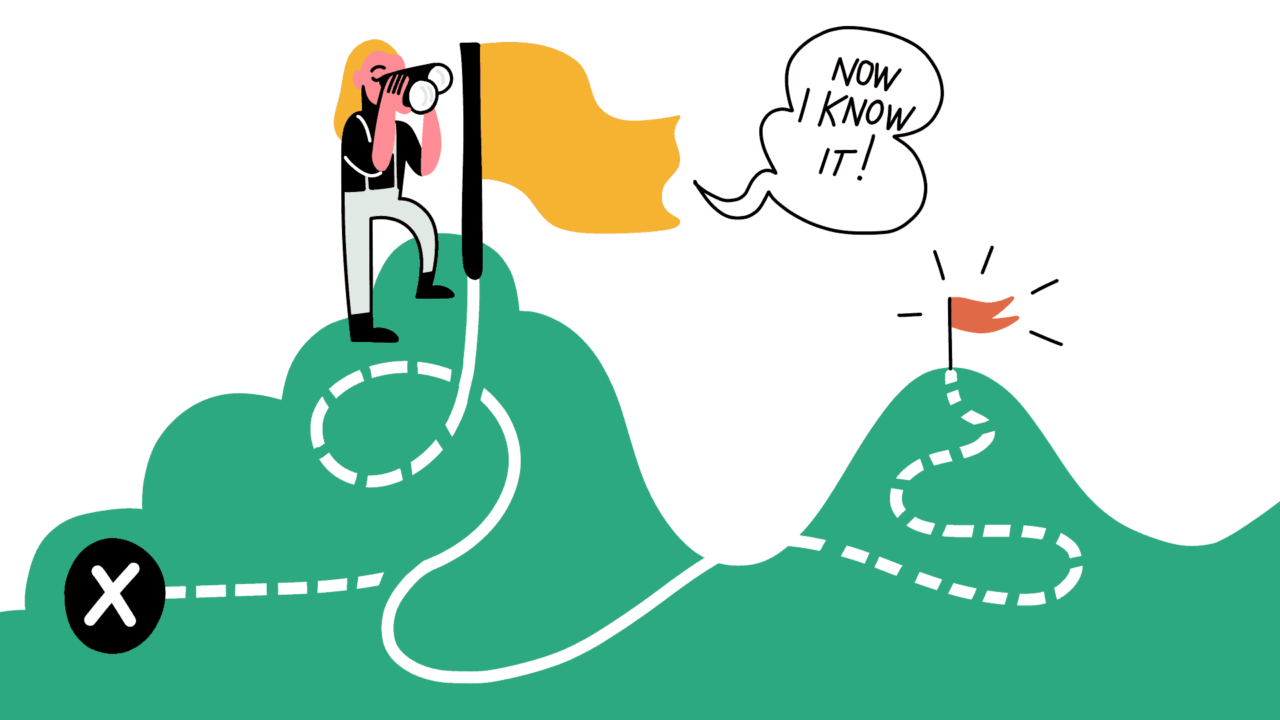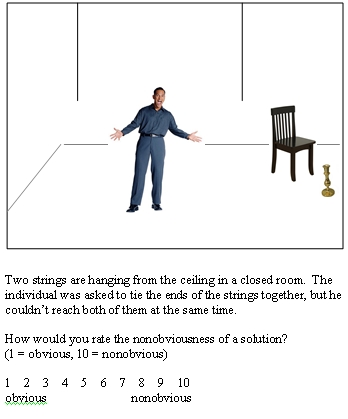
Yes, you never want it to your disadvantage! To get rid of the hindsight bias stabbing your conversions, you have a big role to play from the moment your customers step on your website. We all know that there is no other powerful way than 'the word of mouth' to communicate something rapidly among people. This is what you should implant in the minds of your customers in the case of a disappointment, such as 'did I pick the wrong product this time' instead of 'I knew this was going to happen.' A dissatisfied customer who experienced hindsight bias will never keep her thought, 'I knew it all along' to her, but most likely to spread a negative buzz about your product or the brand. Only because you heard about how Sam had not contributed well towards their relationship, you thought that 'I knew it all along.' But, if you were not aware of Sam's role in their relationship or, most importantly, if Elisha had portrayed Sam having a good personality, you would never have thought, 'I knew it all', instead you might think, 'what possibly could have gone wrong' or 'whether Elisha too is responsible for the consequences.' Think about the example of Elisha and Sam. The key here is not to let your target customers experience the hindsight bias if they happen to experience that they are not completely satisfied with your brand as they expected. Hindsight bias and Conversion Rate Optimization (CRO) But, the hindsight bias should be avoided taking place in the minds of your customers about your brand in a case of a failure. Hindsight bias and Conversion Rate Optimization (CRO)Ĭreate a very good first impression in an authentic wayĪre you aware that these cognitive biases can be used to influence our decisions by a third party? The cognitive biases in psychology are used by marketers to influence their customers' behavior and decisions to their favor for Conversion Rate Optimization (CRO). As a result of this bias, finally you overestimate your knack to have predicted this result about Elisha, only once their relationship is over.

To say the least, once the unforeseeable breakup, suddenly becomes foreseeable to you after it really took place. Having looked back at the incidents, you get this feeling, ‘I knew it’ and as a result, you are not surprised by the bad news from Elisha. At the very moment, you tell yourself, ‘Oh, I knew it all along.’ You recall all the signs of their unhappy relationship, the canceled plans, the anniversary which was forgotten, and so forth. Suddenly, you are worried and you think whether everything is okay between Elisha and Sam! Elisha spits it out that Sam needs a break from her. One evening, you get this call from your friend and she is sobbing. Think of this hypothetical: Your friend, Elisha, and his boyfriend, Sam seemed to have a somewhat good relationship. Therefore, this bias is called the ‘knew-it-all-along’ bias. So to your question, yes, even the best of them commit biases.The hindsight bias is a tendency in human psychology to look back at the events which were unpredictable in reality when they really occurred and think such events were easily predictable.

They remembered comments that were never made, they made implicit meanings into explicit comments.etc When matched with the recordings, 90% of the specify points where omitted and half where incorrect. 2 weeks later the participants where asked to write down facts of the discussion.

Tthomas, that is not a good example of hindsight bias which was the basis of mcdreamer's inquiry.Ģ British psychologist secretly recorded a discussion after a meeting of the Cambridge Psychological Society. Its a natural phenomenon like the northern lights. They nod like bobble-heads at each other and say "yeah, that makes sense". The other group is told that a long distance relationship strengths the two's love for each other. The group would agree because it sounds logical.

The first group was told that a long distance relationship would weaken their bond. A psychological test was done on to groups of people about long distance relationships.


 0 kommentar(er)
0 kommentar(er)
